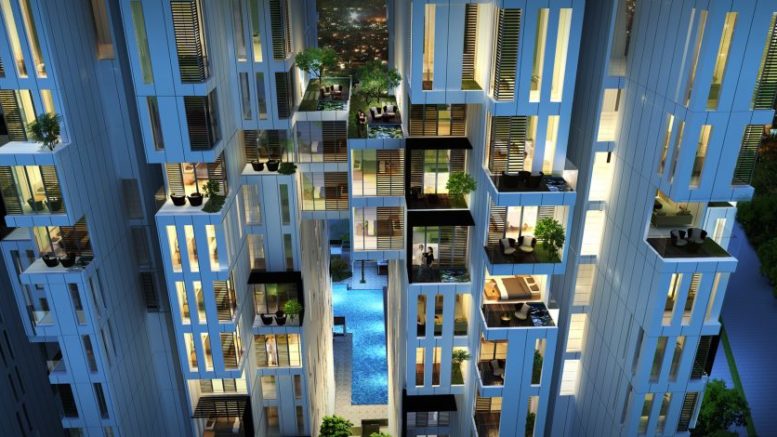With the price difference between older and younger HDB flats decreasing rapidly by as much as 40% now – can these owners wait 20 years for VERS?
I refer to the article “Commentary: Mind the varied impact of HDB schemes on different groups of home owners” (Channel NewsAsia, Sep 22).
It states that “The impact of expiring leases can be expected to hit first- and second-generation satellite towns first and foremost, including Bukit Merah, Queenstown, Geylang and Toa Payoh, which have a large number of units with less than 50 years of lease remaining.
Interestingly, the impact of the expiring leases was a lesser worry in the past. In Toa Payoh, prices of HDB flats with expiring leases moved in tandem with the rest of the market.
The differences in prices of HDB flats between those with leases of less than 60 years remaining, and those with more than 60 years left, only emerged in 2015.

OLDER FLATS DEPRECIATING IN VALUE
When a Facebook post in March 2017 by the Minister of National Development Lawrence Wong expounded that not all aged flats will undergo SERS, more prospective buyers began avoiding older flats” – it is quite obvious that the recent rapidly declining prices of older HDB flats may be due to the sudden turnaround in the rhetoric from ‘HDB asset enhancement’ to ‘zero value at the end of the 99 years lease’.
With regard to “For the Voluntary Early Redevelopment Scheme (VERS), besides deciding on the level of home owners’ consensus and the corresponding compensation package, the scheme should bear in mind that some home owners may also be more affected than others, in particular those who may have to pay sellers’ stamp duties and a resale levy if VERS occurs shortly after they purchase an impacted home.
Should these home owners be further compensated if VERS pays out less than market value for these homes? If they make up a significant number, how else would the Government intervene to prevent these sellers from voting “no” and holding the other residents hostage?
As some of such HDB home owners belong to the low- or lower end of the middle-income group, having to fork out an extra sum offhand may also impose financial difficulties on them.
Additionally, home owners who are retired and do not have much capital may have difficulty getting a new flat of similar size to their current home, due to financing regulations” – how can HDB owners be expected to wait another 20 years for VERS, whilst their flat values may be literally dropping like a rock every year?
So, instead of relying on ad-hoc price data from private sector property experts, in articles like the subject article – the Government should start to provide regular data on the price gap between older and newer HDB flat types in the different housing estates.
After all, isn’t this arguably, in the public interest, and in line with the online falsehoods’ committee’s recommendation that the Government should give the reasons for decisions not to disclose information to the public?
Leong Sze Hian
